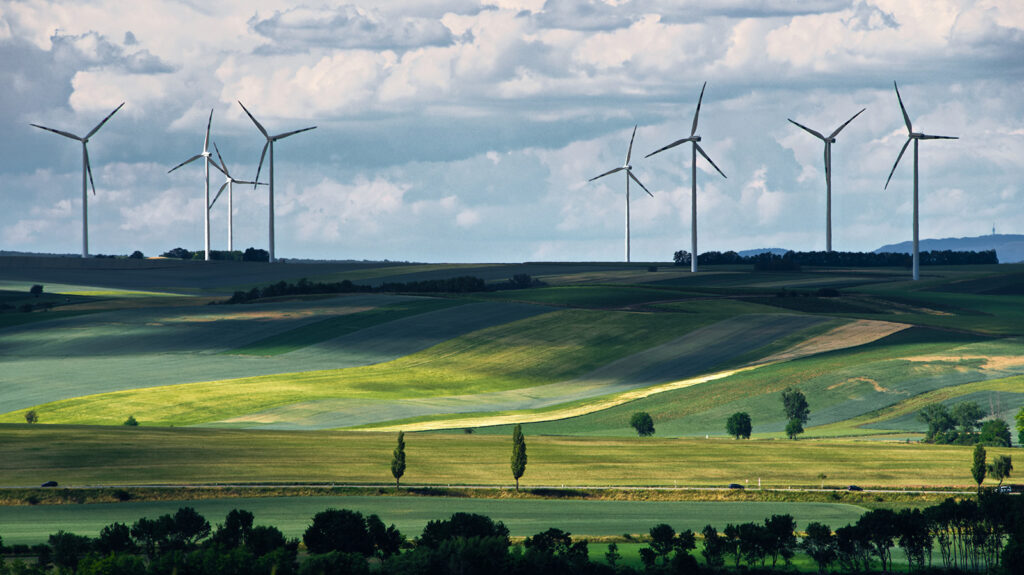Read in
World Sustainability Organization (WSO), has urged the Federal Government to encourage subsistent and commercial farmers in the country to obtain international certification for agricultural products and services to help them achieve standards that improve sustainable production food and increase Nigeria’s Gross Domestic Products (GDP).
This was part of the recommendation by the WSO at the recently concluded Trade Convention Annual Investment Summit in United Kingdom, where sustainable coffee production and certification was the major focus for participants.
While presenting a paper at the event, the representative of WSO, Canon Otto, said that the summit is meant to create an avenue to showcase Africa’s vast business potential and pursue bilateral trade and investment opportunities.
Speaking further, he said that the need for certification of products and services is a consequence of the growth in trade and branding of products, which had a strong boost in the global economy and trade.
According to Otto, the WSO has launched and manages 2 major programs “Friend of the Sea” and “Friend of the Earth” which represent groups of standards for third-party certification of sustainable products and services, including products, such as coffee, from sustainable agriculture.
He said, “Since the late 80ies, environmental, food safety and social accountability issues, made accessible to consumers worldwide by means of the mass media and then internet, further increased the need for verification and labeling of food according to their safety and environmental and social impact.
“Over 1500 companies in more than 80 countries have products certified by these programs. Over 30% of WSO budget is donated to conservation projects and awareness campaigns in more than 40 countries, managed by the World Sustainability Foundation.
“In coffee-producing countries, increasing yields may alleviate the pressure to expand the amount of planted land and allow farmers to improve their livelihoods based on existing land use. This seems to be not fully happening in Africa, with consequences in terms of deforestation.
“Improvement in yields is fundamental to lower environmental impact in a product like coffee, as the major environmental impact occurs in the extraction phase, in terms of land impacts such as Deforestation, loss of biodiversity, soil erosion and degradation.
“Generally speaking, the higher yields, the lower land and biodiversity loss. This is normally also true in terms of water and energy use per unit of production. However, these higher yields must be generated without increasing other impacts such as use of potentially toxic pesticides and social accountability.
“There are however examples of government initiatives to increase yields. For example, investment in research to fight the coffee wilt disease and the introduction of more resilient varieties which helped to produce higher yields.
“Other initiatives which will improve performance in a sustainable way, would be the promotion of agroforestry and integrated pest management; appropriate and economically sound management of the waste generated, aiming at a circular economy.
“Last but not least government could further support initiatives toward sustainability, also by helping the farmers to achieve certifications which could provide added value to enter international markets.”



